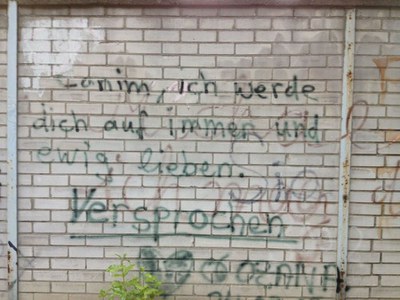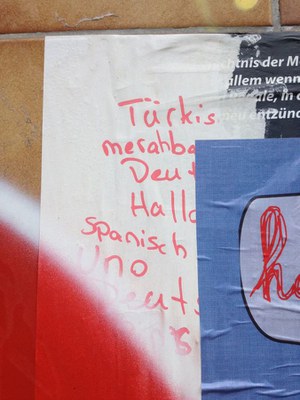Who speaks Kiezdeutsch?


The fact that Kiezdeutsch is classified as a German dialect is surprising to some, and is even sometimes met with vehement rejection in public discussion. If one takes a closer look at such debates, it becomes clear that it is often not so much a matter of linguistic facts, but rather of attitudes towards the speakers: Those who do not accept Kiezdeutsch speakers as part of German society and do not perceive young people "from a migrant background" as German, but only as Turkish, Arabic, etc., then also have problems regarding them as speakers of a German dialect. According to such attitudes, for example, the "Texas German" spoken by descendants of German immigrants in the USA is easily accepted as a German dialect, even if its speakers have not lived in Germany for generations, but Kiezdeutsch, which is spoken in the middle of our society and develops within the German language, triggers rejection and fear. Fortunately, this is now clearly changing for the better, and in the broader social debate we are also increasingly recognising that Germany, as a country that has always also been a country of immigration, also benefits from a linguistic diversity that has its roots in immigration but continues to develop in later generations of new German speakers. Additionally, it is increasingly recognised that this diversity – whether in the form of new dialects such as Kiezdeutsch or in the form of additional family languages such as Turkish, Greek or Russian – is a wealth that we should value and not throw away.
For reference and further reading:
Wiese, Heike (2012). Kiezdeutsch. Ein neuer Dialekt entsteht. München: C. H. Beck.
Wiese, Heike (2018). Die Konstruktion sozialer Gruppen: Fallbeispiel Kiezdeutsch. In: Eva Neuland & Peter Schlobinsky (Hg.), Sprache in sozialen Gruppen. Berlin, New York: de Gruyter [Handbuchreihe Sprachwissen, Band 9]. S.331-351.
